16 Years of Anxiety.
2 Attempts at Life.
Here's How I Finally Took My Life Back.
Written by James K., Founder of KALM
For most of my life, I struggled.
The excruciating overthinking. The loneliness.
Watching everyone else enjoy their lives while I sat there wondering, “Why can’t that be me?”
And then the darkest thought of all: “What’s the point of living anymore?”
I tried meds. I tried supplements. Everything that was supposed to help… didn’t.
That broke me even more. “Am I just broken like this forever?”
After my second attempt, I made a choice: no more letting anxiety and depression run my life.
The journey has been tough. It still is. But step by step, I found what actually helped me start to heal.
This page is me sharing those steps with you.

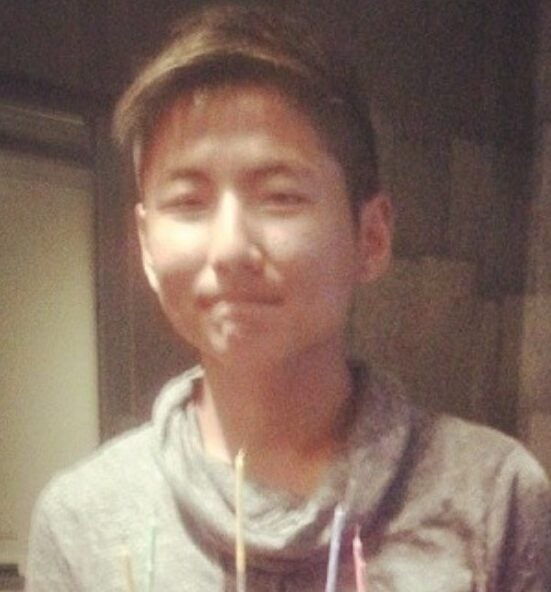
Me at 17, months before I tried to end my life.
The Painful Truth
This is the same advice I would give to my younger self who just swallowed 28 pills to end it all.
Stop searching for the “miracle cure” or “magic trick.”
It doesn’t exist.
Real mental health improvements come from small actions that stack up over time.
The journey is hard. There will be ups and downs.
But here’s the truth: staying the same is painful too.
So the real question is…
Which pain would you rather face: the pain of change, or the pain of staying stuck?
If you’re ready for the pain of change, here’s how to improve your mental health in 4 steps.
STEP 1

Get Your Labs Done
The first step is data.
Many mental health struggles are worsened by hidden deficiencies or imbalances.
Here are the most important categories:
- Nutrient Deficiency Labs: Vitamin D, B12, Iron, Magnesium, Electrolytes, etc.
- Hormones: Testosterone, Estrogen, Thyroid Imbalances, Cortisol, etc.
- Metabolic: CMP, CBC, Lipids, Blood Sugar (A1c, Fasting Glucose, Insulin), etc.
- Inflammation: CRP, Homocysteine, etc.
- Heavy Metals & Toxins: Lead, Mercury, Arsenic, Mycotoxin, Mold, etc.
If there are any red flags, work with your provider to address the root issues — not just the symptoms.
* Advanced labs (gut, food sensitivity, immune/autoimmune, genetic, etc.) may also be useful if your provider sees symptoms that apply to you.
STEP 2
3 Core Pillars
Without a solid foundation, no supplement, therapy, or medication will ever work properly.
Each pillar is built from multiple habits stacked together.
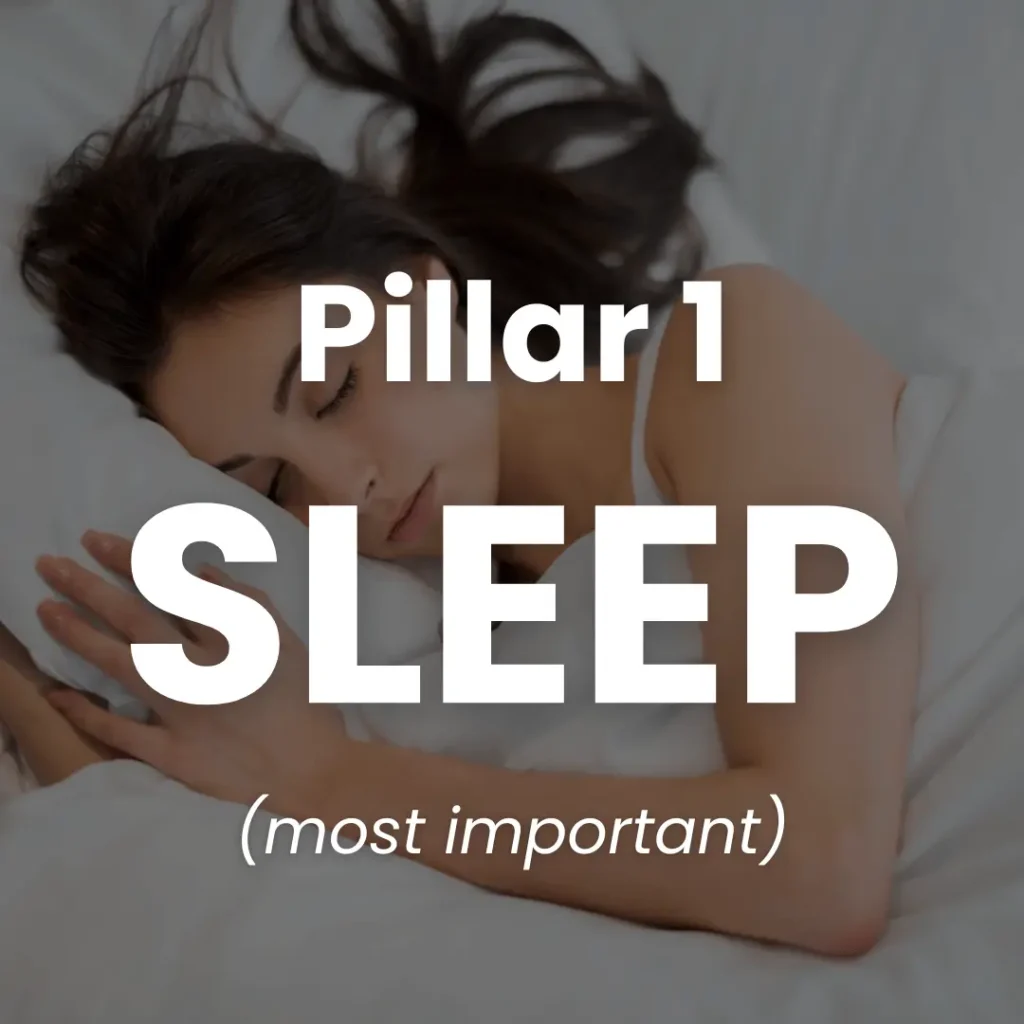
Sleep
I always recommend starting with sleep.
Hard Truth: you cannot improve your mental health without good sleep QUALITY.
And it’s not about hours — it’s about quality.
You can get 8 hours, but if it’s full of alcohol, meds, or poor habits, your brain won’t recover.
Good sleep hygiene is everything.
Small daily actions add up — and they start the moment you wake up.
Click Here for High Impact Sleep Habits
- Go to bed at the same time every day, including weekends.
- No electronics 90 minutes before bed.
- Important: Even “doom-scrolling” in the daytime will impact your sleep at night.
- No caffeine 12 hours before bed.
- No alcohol 3 hours before bed.
- Get 10 minutes of direct sunlight within 30 minutes of waking up.
- If you live in an area without sun, a sunlamp will be the next best choice.
- Reserve your bed for sleep only.
- Keep your bedroom cool, dark, quiet, and distraction-free.
- If you have a sleep disorder (like sleep apnea), work with a specialist and get the extra tools you need for quality sleep.
Click here for Smaller Impact Sleep Habits
- Cool down your room before bed.
- Use a smart light bulb to turn on with your alarm and dim in the evening.
- Avoid heavy meals before bed.
- Limit fluids in the evening to avoid waking up at night.”
- Get “blackout” curtains.
- Have a bedtime routine: meditation, journaling, reading, etc.
- Take a warm shower or bath 1-2 hours before bed.
- Spend 15–20 minutes in the sauna.
- Avoid long naps or napping late in the day.
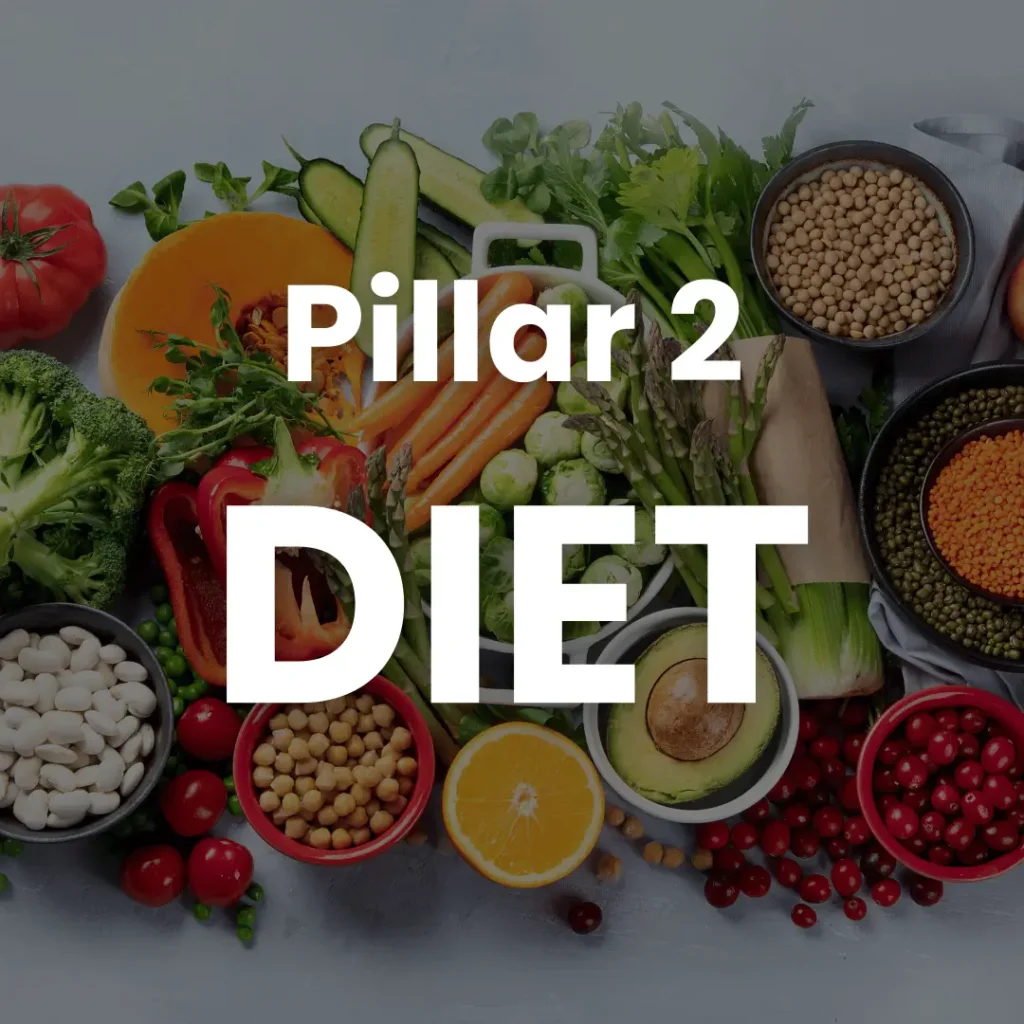
Diet
Food directly affects your brain — through inflammation, blood sugar, and nutrient levels.
Junk food and processed carbs spike anxiety and crash your mood, while nutrient-rich foods fuel your brain to function properly.
What you eat is either healing your brain or hurting it — every single day.
Click Here for High Impact Diet Habits
- Stick to whole, minimally processed foods.
Eat protein with every meal for recovery amd stable blood sugar stable.
Load up on vegetables and fiber (fuels gut health + lowers inflammation).
Eat omega-3 rich foods (salmon, sardines, walnuts, flax).
Stay hydrated with water, mineral water, or herbal tea.
- When your diet isn’t perfect, use supplements to fill nutrient gaps (vitamin D, magnesium, omega-3s, etc.).
Nobody eats perfectly — I love dessert too. My rule is simple: aim for about 80% of your calories from whole, healthy foods, and enjoy life with the other 20%.
Click here for Foods That Hurt Mental Health
Inflammation in the brain can fuel anxiety and depression. These foods are the biggest culprits:
Ultra-processed foods (fast food, packaged snacks, frozen meals)
Industrial seed oils (soybean, canola, corn, sunflower)
Processed sugars & refined carbs (soda, candy, pastries, white bread)
Excessive processed meats (hot dogs, deli meats, sausages — high in preservatives)
Other foods that hurt mental health.
Excessive alcohol: disrupts neurotransmitters, damages gut lining, ruins sleep
- Artificial Sweeteners & Additives (food dyes, preservatives): disrupt neurotransmitters, stress the gut–brain axis, and trigger mood or focus issues in sensitive people.
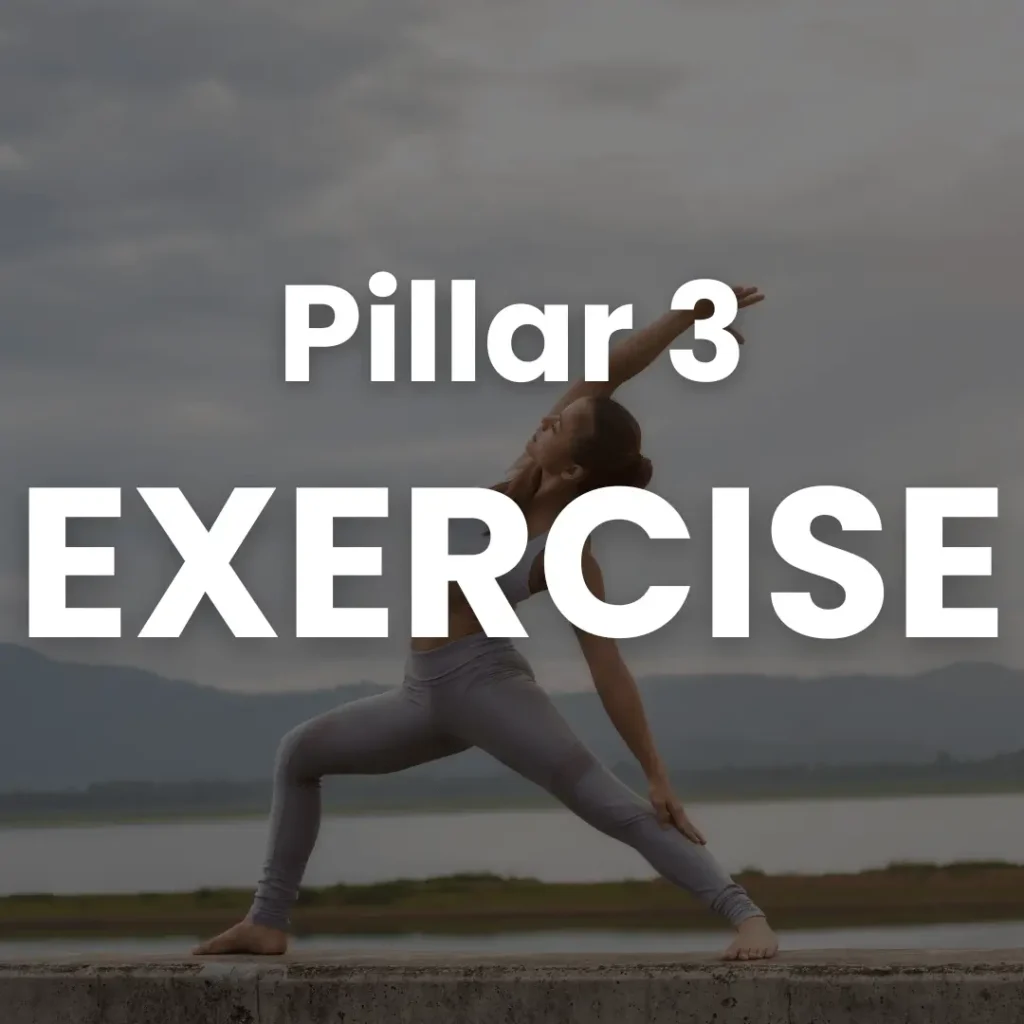
Exercise
Exercise isn’t about going to the gym or lifting an elephant.
It’s about movement.
The goal is simple: move your body more each week.
Don’t worry about your starting line.
- If you can walk 10 minutes, start there.
If you can only make it to the fridge and back, start there.
If all you can do is raise your arms, start there.
What matters most is progress.
Each time you move a little more than last time, it will feel uncomfortable — and that’s okay.
Growth is uncomfortable, but it’s also necessary for change.
STEP 3
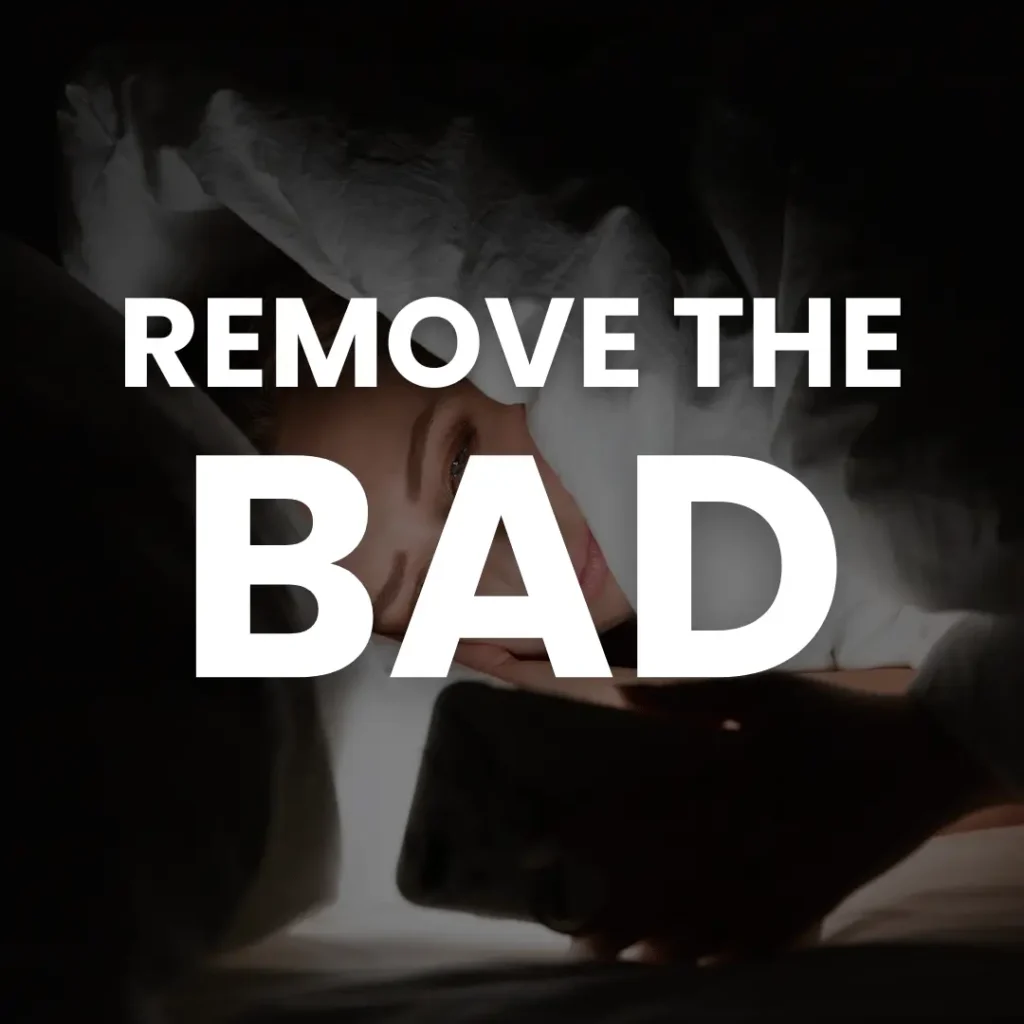
"Get Your Hands Off The Stove"
If you burn your hands and add bandaids, but keep putting them back on the stove every morning, would they ever heal?
Of course not.
The same is true for your mental health.
Before you can heal, you must first remove the habits that are hurting you — otherwise no amount of supplements, therapy, or effort will stick.
Here are the biggest ones I had to cut (in order of importance):
Social Media: This alone wrecks your sleep, artificially spikes dopamine, fuels anxiety, overstimulates in your brain, drives constant comparison, and amplifies stress. If you’re struggling, I highly recommend a 2-week break (not forever, just enough to reset).
Alcohol, Substances, & Numbing Behaviors: Anything used to “mask the pain of reality” keeps you stuck.
- Toxic Friends & Environments: Who and what you surround yourself with matters more than you think.
Junk & Processed Foods: Especially those loaded with sugar — notice how everything overlaps with diet, sleep, and mood.
Everyone’s list will look different.
Take a hard look at how you spend your days — then remove what’s quietly destroying your mental health.
STEP 4
It's Time to Heal
There are a million different voices out there telling you a million different ways to heal.
The truth is: there’s no single “right” path. You have to experiment, try different things, and see what actually works for you.
Here are the practices that helped me most:
High-intensity exercise
Meditation & Mindfulness
Breathwork
Journaling (I talk to myself with CBT-style questions)
Grounding techniques
Revisiting old hobbies
Reading, podcasts, and learning about mental health
- Being kind to others and smiling
Growing spiritually
Click Here for More Tools That Can Help
- Therapy & Counseling
- Support Groups
- Coaching & Mentorship
- Acupuncture, Chiropractic, Massage Therapy
- Sauna / Heat Therapy
- Cold Exposure
- Petting Puppies or Animals
- Spending Time in Nature
- Blasting Music, Singing, and Dancing
But here’s the key: none of these work overnight. Most take practice before you see results.
Example: You need to practice grounding techniques when things are good so that they’re more effective when the panic kicks in.
Don’t quit after a few days just because you don’t feel a difference
Healing is about discipline and consistency.
On the hard days, when you feel like giving up or asking, “Is this even working?” — that’s when you need to lean in the most.
No matter what: Never give up.
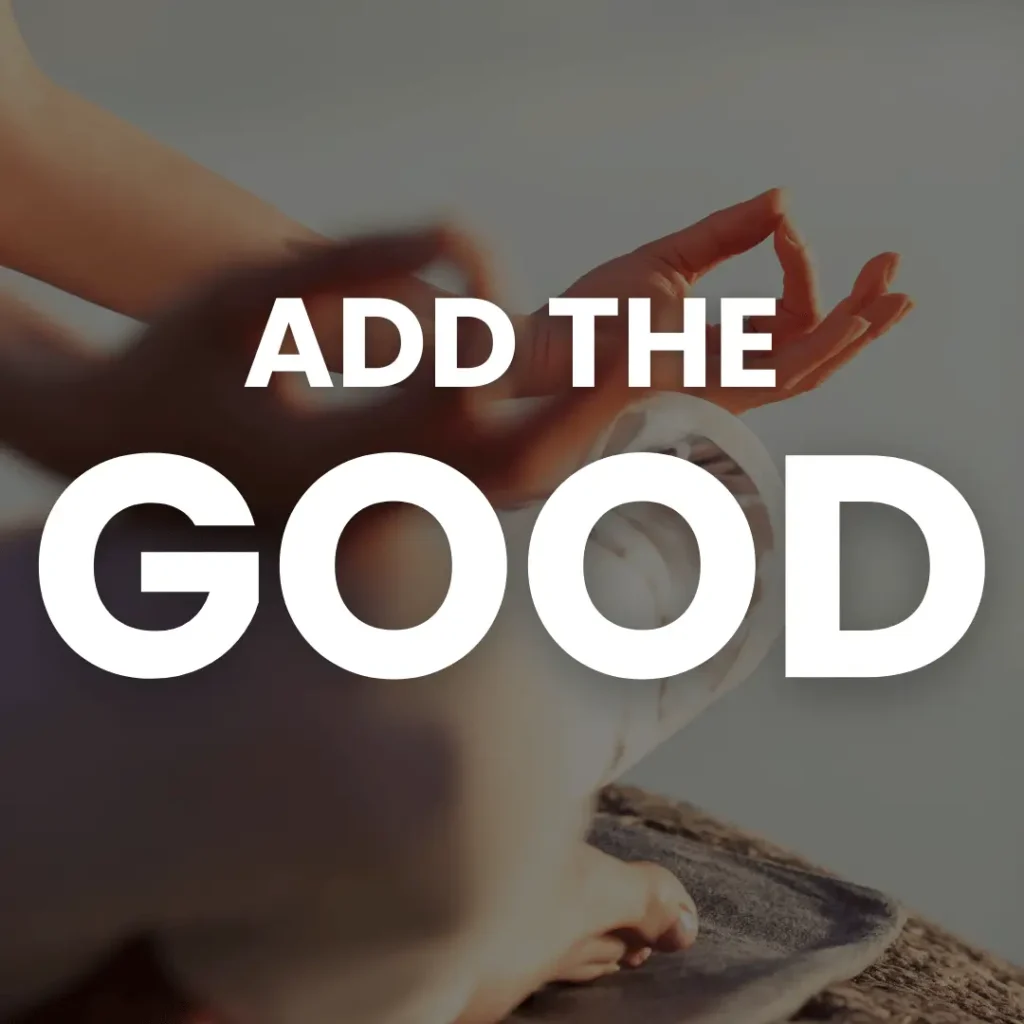
BONUS STEP 5

Finding Purpose In Life
This one is tricky… I don’t think there’s a step-by-step formula for it.
If you have a purpose in life, it will make everything a bit easier.
For those who do everything right yet still feel empty, I believe it’s because of a lack of purpose.
Purpose is your “why.” Why is life important to you?
It can be family, a career, your children, a pet, religion, or simply the desire to feel normal again.
There’s no right or wrong answer — and your purpose can change as your life changes.
But here’s the key: don’t wait to find your purpose before starting the other steps.
Purpose often emerges along the way — that’s how it happened for me.
If you don’t know your purpose right now, swap it for goals:
- “This week, I’ll focus on the first 3 sleep habits.”
“Next week, I’ll add the next 3.”
“This month, I’ll clean up my sleep. Next month, I’ll clean up my diet.”
These smaller milestones keep you moving forward — and progress itself can help build purpose.
And when you stumble (because we all do), don’t drown in shame.
Look back at how far you’ve already come. It’s just a stumble — get back up, and keep walking forward.
Closing Message
At first, it’s going to feel like nothing is working.
You’ll be putting in your best effort, but it may feel like change isn’t coming.
You’ll catch yourself thinking: “Why am I even doing this?”
That’s okay — everyone who’s made it to the other side has gone through this stage.
Here’s the truth: things are changing, even if you can’t see it yet. And if you stay consistent, the small wins will stack up.
When you finally make it through, all those days you felt like quitting — but didn’t — will be the reason you succeed. Every ounce of effort will have been worth it.
No matter what: NEVER GIVE UP.
FAQ
I'm already doing everything here perfectly, why am I'm still not seeing results?
There are a few possible reasons:
You may not have been doing the changes long enough — results take time.
You may not be consistent enough with your changes.
- (Think of it like being on a diet but sneaking in too many cheat meals.)
Your negative habits may still be outweighing your positive ones.
It may be time to dig deeper into finding purpose in your life.
How long does it take for my mental health to improve?
I believe it depends on two factors:
- How much damage and negative habits are you overturning?
- Example: Fixing 6 months of bad eating is very different from trying to undo 10 years of bad eating.
How disciplined and consistent are you with the changes?
Example: Like with a diet, too many “cheat meals” will slow progress.
I can't improve my mental health because of something that happened in the past...
I’m so sorry about what happened in your past.
The past can hurt and may put us further from the finish line than others…
But that doesn’t mean the finish line is unreachable.
It may just require a little more work than others.
We can’t change the past, but we can decide how the rest of the story is written from here.
The pen is in your hands — how will you write your next chapter of life?
But James... I'm Stuck.
I know what it feels like when life is so crippling that even the first step seems impossible.
It took me over a decade — and those two attempts — before I finally took that step.
It hurts because we know we need change to feel better, but we feel too broken to make the change.
If this is you, I created KALM for you.
To help turn the needle just a bit. To get the momentum started.
To get you to a place where you finally feel good enough to begin making changes.
We’re not a miracle cure — I told you there isn’t one.
But we’ve helped thousands take their first steps with the one thing we do best: helping calm the mind.
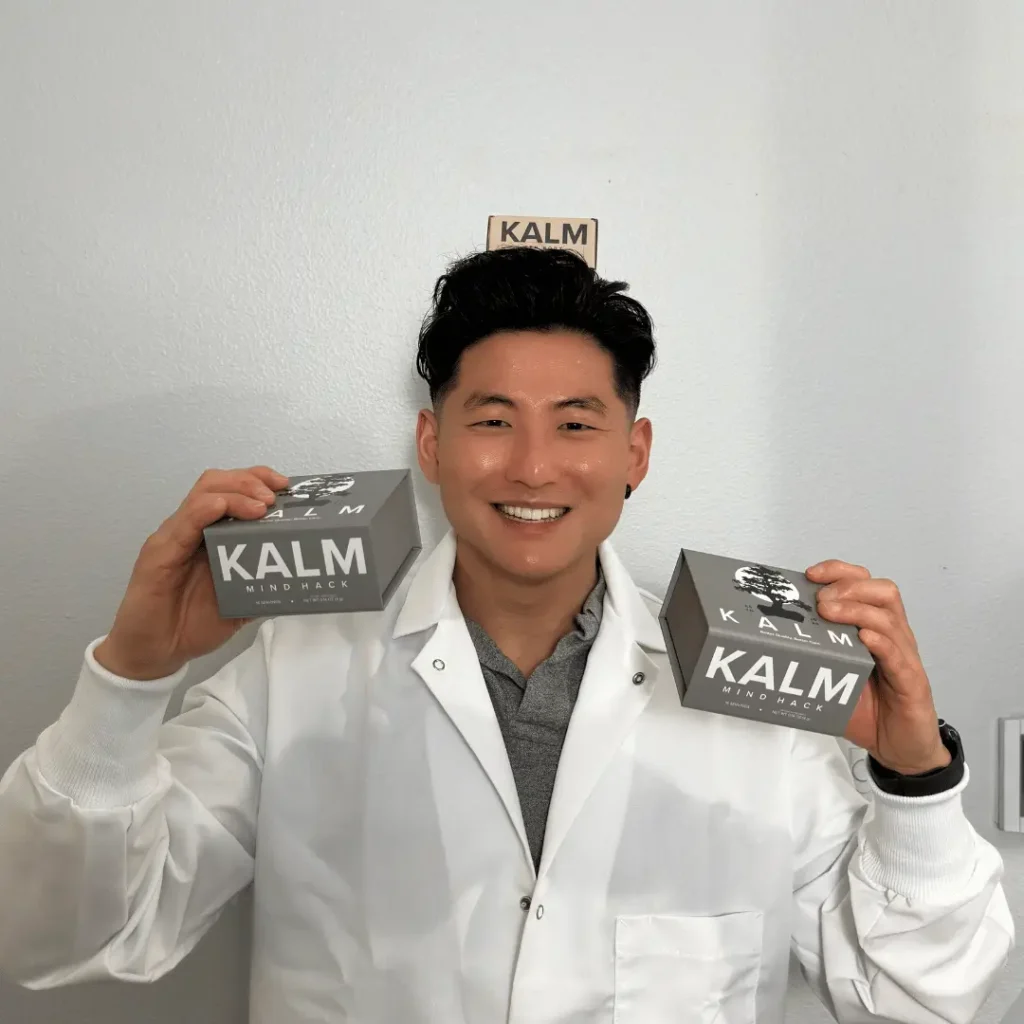
Cool Stories From Real Customers
(Swipe for more)
After Trying Everything… US Army Veteran Overcomes Anxiety & PTSD
35 Years of Anxiety, Depression & Meds… Until Now
“This Saved My Life” — Lawyer Finally Overcomes Crippling Anxiety
Pro Poker Player Overcomes His Worst Panic Attack Ever
Thank You for Reading
If you read it this far, I know you’re serious.
I poured a lot into writing this, and I know it took effort for you to read it too.
As a thank-you for your time and seriousness, here’s 30% off your next order.
Use code CHANGE30
This code will expire soon.










